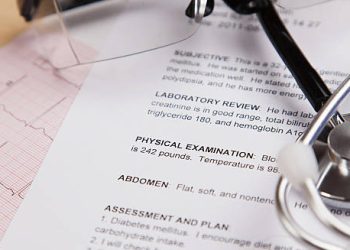Symptoms of Dysentery
The symptoms of dysentery often start suddenly and can become severe if not treated promptly. The hallmark sign is frequent, urgent diarrhoea that contains blood and mucus. Unlike ordinary diarrhoea, which is usually watery, dysentery involves inflammation of the intestinal lining, causing tissue damage and visible blood in the stool.
One of the earliest symptoms of dysentery is abdominal cramping. These cramps can be intense and may feel like constant pressure or stabbing pain in the lower abdomen. They are often followed by an urgent need to use the toilet, sometimes even when the bowels are already empty—a sensation known as tenesmus.
In addition to bloody diarrhoea and cramping, other common symptoms include:
Fever and chills
Nausea and vomiting
Fatigue and general weakness
Loss of appetite
Dehydration, especially in young children and the elderly
People with severe dysentery may become dehydrated very quickly. Signs of dehydration include dry mouth, sunken eyes, low urine output, dizziness, and extreme thirst. In infants and small children, these signs can develop within hours and may lead to life-threatening complications if not addressed.
Amoebic dysentery may have a slower onset and can sometimes go unnoticed for days or weeks. However, once symptoms begin, they closely resemble those of bacillary dysentery. In some cases, amoebic infection may spread beyond the gut and form abscesses in the liver, which can cause pain in the upper right abdomen and fever.
In South Africa, outbreaks often present with similar symptoms in multiple members of the same household or community, particularly where sanitation is poor. Shared toilets, unsafe drinking water, or communal cooking areas contribute to the spread.
It’s also important to distinguish dysentery from other forms of diarrhoea. Viral gastroenteritis, food poisoning, and inflammatory bowel disease can all cause diarrhoea but typically do not involve blood. If blood or mucus is seen in the stool, medical attention should be sought immediately.
Symptoms of Dysentery
The symptoms of dysentery are not only physically draining but also emotionally distressing. Fear of losing control in public or frequent bathroom visits can lead people to avoid work, school, or social settings. Children may miss out on vital education, and adults may face lost income.
Recognising the symptoms of dysentery early and seeking prompt treatment helps prevent complications, reduce transmission, and speed up recovery. In most cases, medical care and proper hydration can restore health within a few days to a week.
[Next: Diagnosis of Dysentery →]


